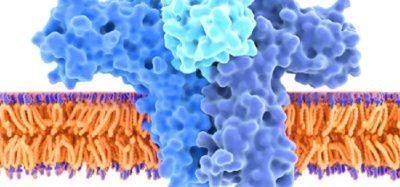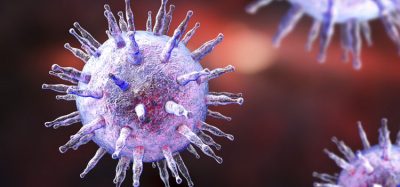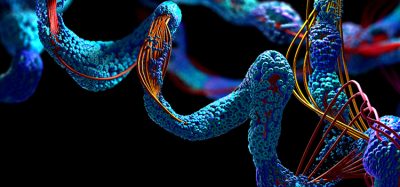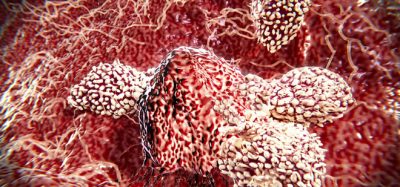Stress hormones linked to Crohn’s disease flare-ups
Posted: 22 November 2021 | Anna Begley (Drug Target Review) | No comments yet
Removing stress hormones in mouse models restored proper function to immune cells and epithelial cells, pointing to new Crohn’s treatments.

Researchers at McMaster University, Canada, have found that stress hormones can suppress the innate immune system that normally protects the gut from invasive Enterobacteriaceae, a group of bacteria including E. coli which has been linked to Crohn’s disease. The study, which was conducted in mouse models, could lead to developments in Crohn’s disease treatments.
NEWS: Antibiotic-free hydrogel fights against drug-resistant bacteria
Key to innate immunity is the protective barrier of epithelial cells in the gut which repair the cell wall and secrete mucus, the team explained. Without properly functioning immune cells, the epithelial cellular wall can break down, allowing microbes associated with Crohn’s disease to invade the gut and trigger symptom flare-ups.
The main takeaway is that psychological stress impedes the body’s ability to fight off gut bacteria that may be implicated in Crohn’s disease.”
“The main takeaway is that psychological stress impedes the body’s ability to fight off gut bacteria that may be implicated in Crohn’s disease. Innate immunity is designed to protect us from microbes that do not belong in the gut, like harmful bacteria,” summarised Professor Brian Coombes, senior author of the paper which is published in Nature Communications. “When our innate immune system functions properly, it prevents harmful bacteria from colonising us, but when it breaks down, it leaves an opening for pathogens to colonise locations they normally cannot and cause illness.”
Coombes added that removing stress hormones in the mouse models restored proper function to immune cells and epithelial cells, blocking the invasion of harmful microbes. While this discovery could lead to new treatments for Crohn’s disease, Coombes emphasised that these findings are still at the pre-clinical stage and more work needs to be done. “The more we know about what triggers Crohn’s disease, the closer we come to new treatments and potentially even disease prevention,” he stated.
Related topics
Disease Research, Drug Leads, Drug Targets, Hormones, Immunology, In Vivo, Therapeutics
Related conditions
Crohn’s disease
Related organisations
McMaster University
Related people
Professor Brian Coombes







